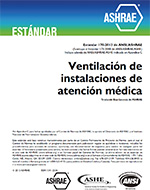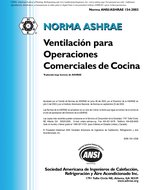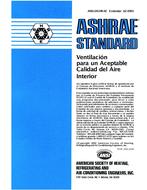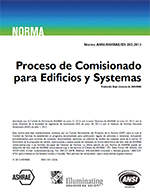Description
This paper presents a systematic method used to consider the important variables when designing laboratory exhausts. To evaluate the effect of building shape, building siting and stack placement, preliminary wind tunnel testing is conducted. A scale model of the site and various design alternatives is placed in a boundary-layer wind tunnel. Smoke tracers are then used to assess the flow characteristics for various design alternatives. Once a final building design and siting arrangement are selected based on the visual observations, numerical or physical modeling studies are performed. When conducting a physical modeling study, tracer gases are released from the model stacks and the resulting concentrations are measured in the wind tunnel at air intake and pedestrian locations for various stack heights, stack locations, wind speeds, and wind directions. With the wind tunnel or numerical model results in hand, laboratory designers can then make informed decisions regarding building shape, building placement, stack height, and stack location. The final product is a laboratory that is safe and free of nuisance odors for its occupants and for pedestrians.
Units: Dual
Citation: Symposium, ASHRAE Transactions, 1987, vol. 93, pt. 2, Nashville, TN
Product Details
- Published:
- 1987
- Number of Pages:
- 21
- File Size:
- 1 file , 2.2 MB
- Product Code(s):
- D-NT-87-25-2




